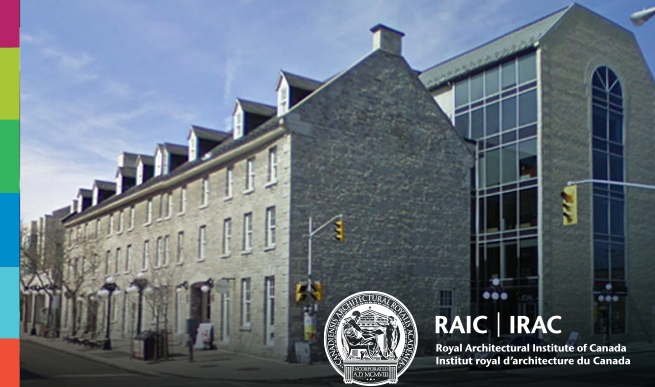
Engineering
| Location: | UK Other |
| Closing Date: | Saturday 30 September 2023 |
| Reference: | ENG1695 |
This project aims to advance clean air technology for combustion gas management of exhaust from current engines fuelled by gasoline and diesel, but also for new and future generation technology. Vehicle emissions legislation is tightening around the world, including the recently published EUVII standards, and there is a continuing focus on the health consequences of particulate emissions from internal combustion engines (ICE). To meet legislation over the whole range of driving conditions, exhaust filters for current diesel and gasoline exhaust applications may face the challenging requirement of greater than 99.9% filtration efficiency without negatively affecting catalytic performance and fuel efficiency. This stringent filtration target can only be met by gaining a deep understanding of fluid flows in the porous filter medium, both of catalytic coating liquids during manufacturing, and of exhaust gases during operation. The generated know how will be applicable to alternative fuels including systems causing particulate matter from synthetic fuels, to capture unburned NH3 in NH3-ICE or urea particulates from selective catalytic reduction (SCR) on H2-ICE. This project will utilize state of the art magnetic resonance technology, such as rheo-NMR techniques to study the flow of catalytic washcoat slurry into the porous walls of the ceramic material, as arises during fabrication of the monolith, to understand deposition patterns and resultant pore structure. It will also use hyperpolarised xenon MRI, an emerging technology at the forefront of airway imaging in medicine, to study the gas flow patterns in finished monoliths to understand the impact of mass transport heterogeneity on the efficiency of filtration and the activity of the catalyst.
Funding notes: The project will be part of the EPSRC-supported Centre for Doctoral Training in Resilient Decarbonised Fuel Energy Systems. The student who undertakes it will be one of a cohort of over 50 students in a broad range of disciplines across the Universities of Sheffield, Nottingham and Cardiff. In addition to the standard EPSRC stipend and payment of UK fees, there will be a stipend enhancement of £3750 per annum for 4 years, with £6000 per annum of funding for research costs and travel.
Do you have a first degree in chemical engineering, mechanical/materials engineering, physics, or chemistry?
Please apply here https://www.nottingham.ac.uk/pgstudy/how-to-apply/apply-online.aspx
When applying for this studentship, please include the reference number (beginning ENG and supervisors name) within the personal statement section of the application. This will help in ensuring your application is sent directly to the academic advertising the studentship.
The University actively supports equality, diversity and inclusion and encourages applications from all sections of society.
Informal enquiries may be sent to Prof Sean Rigby (sean.rigby@nottingham.ac.uk). Please note that applications sent directly to this email address will not be accepted.
![Postdoctoral and Research Opportunities at McGill University [CA]](https://scholaridea.com/wp-content/uploads/2020/06/mcgill-university-30-may-2019-768x402.jpg)

